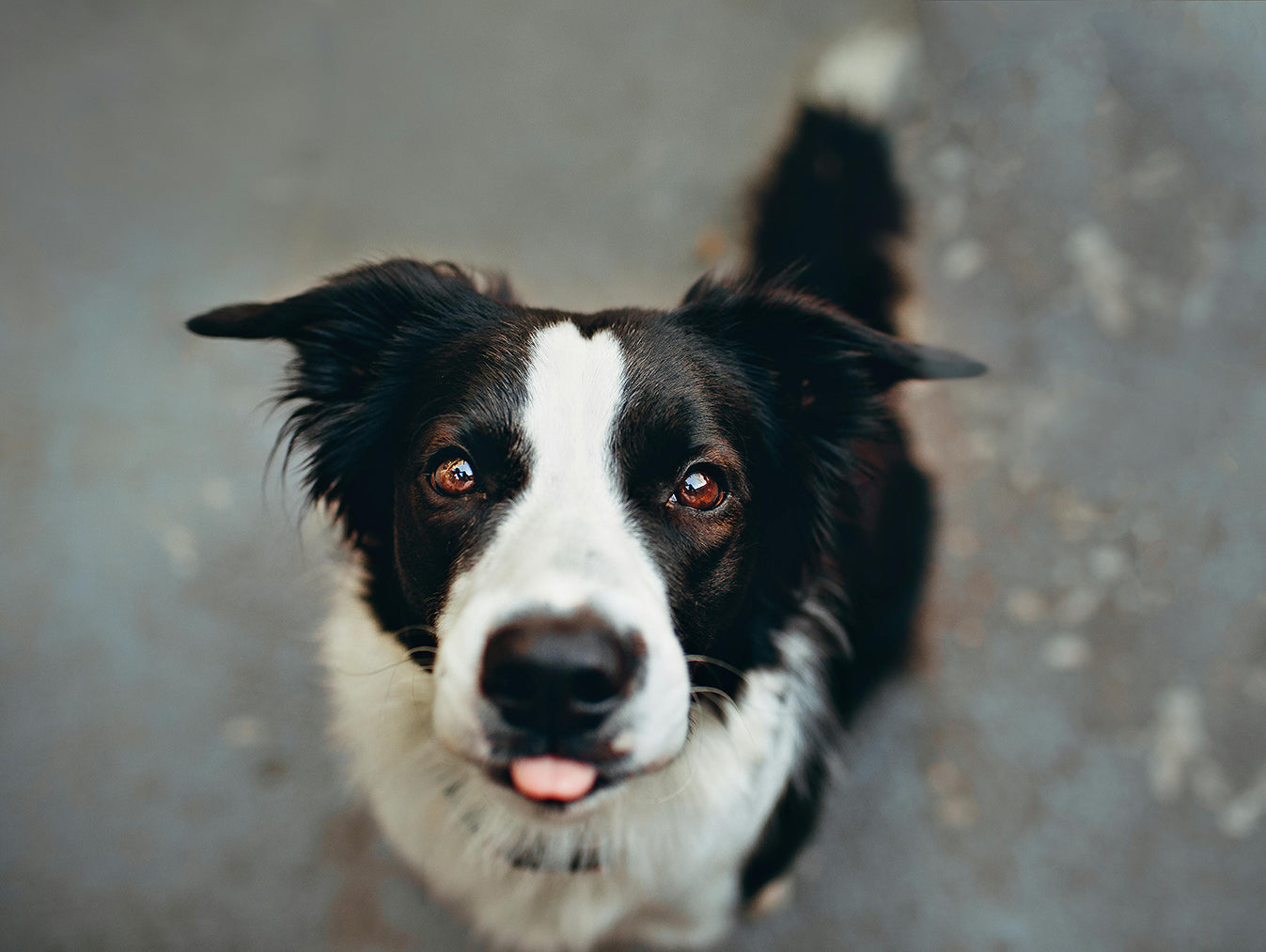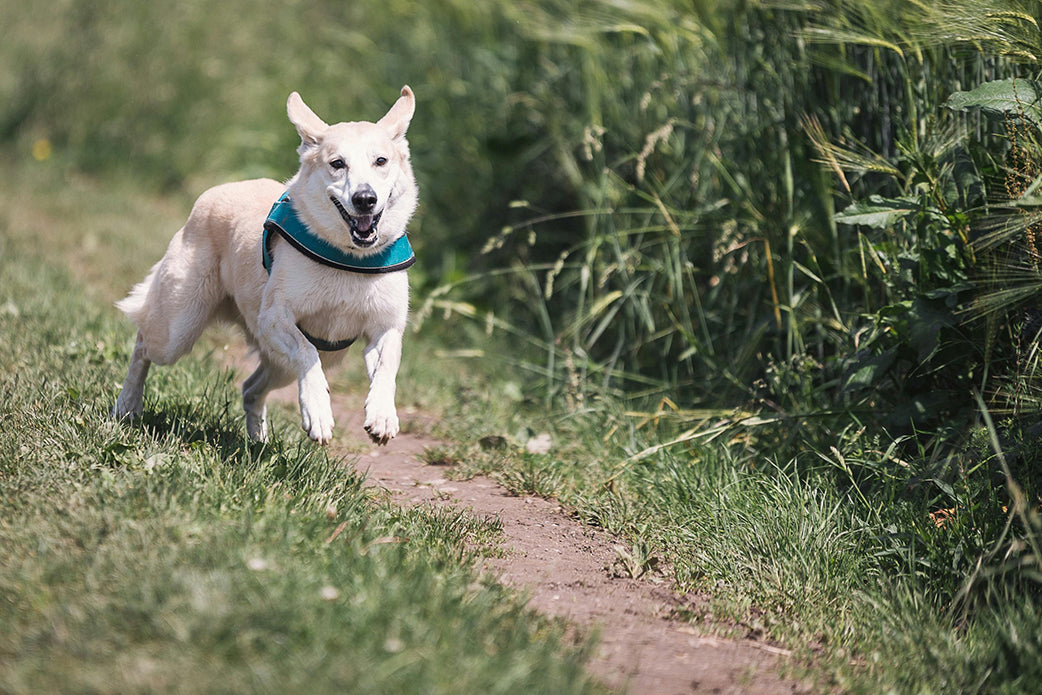Eating and caring for your dog is crucial when traveling, and here are some detailed tips on both:

Diet
- Maintain your daily diet: In order for your dog to adapt to the local soil and water as quickly as possible, feed your dog the same portions and at the same time as usual as far as possible.
-
Choose the right food:
- Meat: High protein and low fat food such as chicken and beef are good choices for dogs and can provide enough energy and nutrition.
- Melons and fruits: such as watermelon, bananas, apples, etc., but you need to be careful to remove the seeds and skin to avoid accidental eating by your dog.
- Vegetables: carrots, cucumbers, spinach, etc. are rich in vitamins and minerals and can be fed in moderation.
- Avoid human food: Dogs are not suitable for human food, especially greasy, spicy and sweet food, which may burden the dog's intestines and stomach.
- Carry enough food and water: depending on the duration of the trip and the dog's daily food intake, carry enough dog food and fresh water to make sure the dog will not be hungry or thirsty during the trip.
Take care of
-
Prepare necessary travel gear:
- Comfortable air box or car seat: provide a safe and comfortable traveling space for your dog.
- Seat belt: to ensure that your dog is not injured by harsh braking or swerving while traveling.
- Portable Water Bottle or Folding Water Bowl: for easy access to keep your dog hydrated at all times.
- Pee pads and cleaning supplies: to deal with your dog's fecal problems.
- Moderate rest: Every once in a while (e.g. every two hours), find a suitable place to stop for a rest, let the dog get off the bus to move its muscles, breathe fresh air, and check its physical condition.
- Appeasement of emotions: During the trip, the dog may feel uneasy due to changes in the environment. You can appease its emotions by petting, talking or playing music it is familiar with.
- Observe behavior: Pay close attention to changes in your dog's behavior, such as frequent lip licking, shortness of breath, fidgeting, etc. These may be signs of discomfort or anxiety.
- Maintain appropriate temperature: The temperature in the car should not be too high or too low, especially in summer and winter, the air conditioning or warm air needs to be turned on in advance to ensure the dog is comfortable.
- Prepare a first-aid kit: Include commonly used medicines (such as anti-emetic, anti-diarrhea, anti-inflammatory), disinfectant, bandages, etc. to cope with unexpected situations.
To summarize, the diet and care of your dog needs to be careful and thoughtful when you are traveling. By choosing the right food, preparing the necessary travel equipment, resting moderately, calming the emotions, observing the behavior, and maintaining the right temperature, you can ensure that your dog will be healthy and happy during the trip.




Leave a comment
All comments are moderated before being published.
This site is protected by hCaptcha and the hCaptcha Privacy Policy and Terms of Service apply.